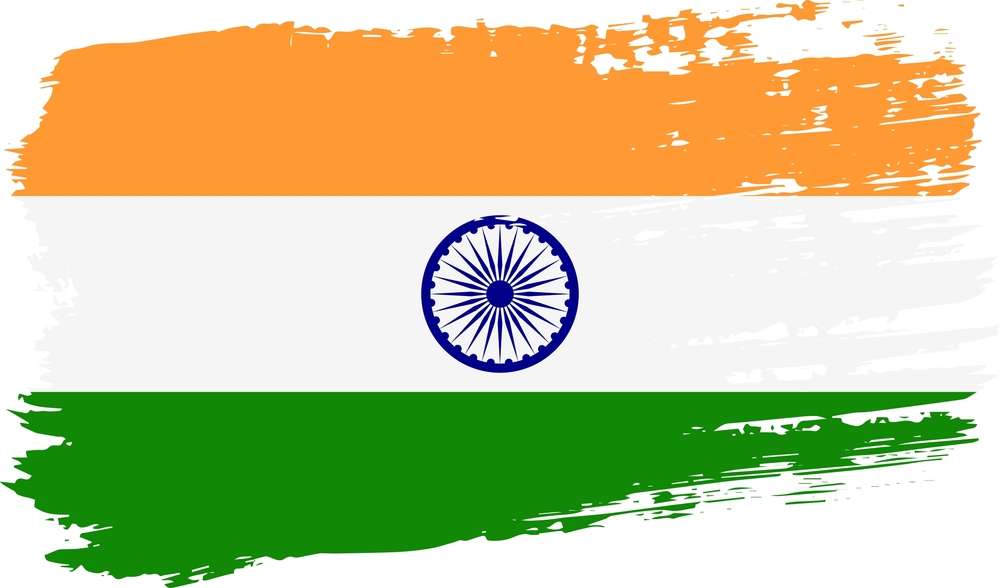Nestled in the heart of the breathtaking Kashmir Valley, Dal Lake is often referred to as the “Jewel in the Crown of Kashmir.” Surrounded by the majestic Himalayas, this lake has been an integral part of Srinagar’s cultural and natural landscape for centuries. Its serene waters, lush gardens, houseboats, and shikaras (traditional wooden boats) make it one of India’s most iconic and romantic travel destinations.
In this article, we’ll explore the allure of Dal Lake, its rich history, and why it continues to captivate the hearts of travelers from around the world.
The Splendor of Dal Lake: Nature’s Masterpiece
Dal Lake spans approximately 22 square kilometers, making it the second-largest lake in Jammu and Kashmir. But beyond its sheer size, it’s the visual beauty and tranquil atmosphere that truly make this lake special. The clear, reflective waters of Dal mirror the snow-capped peaks of the Pir Panjal mountain range, creating a postcard-perfect scene at every turn. Whether bathed in the golden glow of dawn or painted in the hues of a sunset, Dal Lake offers an ever-changing spectacle of nature’s artistry.
One of the most enchanting aspects of Dal Lake is the floating gardens (known locally as “Rad”), where locals grow vegetables on artificial islands. These gardens, with their vibrant greenery and blooming lotus flowers, add a unique charm to the lake’s surroundings, blending human ingenuity with the natural environment.
A Shikara Ride on Dal Lake: Floating Serenity
No visit to Dal Lake is complete without a shikara ride. These traditional Kashmiri boats, adorned with colorful cushions and intricate woodwork, offer visitors an opportunity to glide across the serene waters of the lake, soaking in the peaceful atmosphere. The gentle sound of the oar dipping into the water and the rhythmic movement of the boat create a meditative experience that instantly relaxes the senses.
Shikaras aren’t just for sightseeing—they’re an essential part of daily life on Dal Lake. Locals use them for transportation, trading, and even as floating markets where they sell fresh produce, handicrafts, and flowers. For travelers, a shikara ride is not only a peaceful journey but also a window into the vibrant local culture that thrives on the lake.
India visa for Kazakhstani citizens
The Floating Markets
One of the most fascinating aspects of Dal Lake is its floating markets. Early in the morning, the lake comes alive with vendors paddling their shikaras, selling everything from fruits and vegetables to intricate Kashmiri handicrafts and saffron. This centuries-old tradition gives travelers a glimpse into the daily life of the lake’s inhabitants, and it’s a must-see for those seeking an authentic cultural experience.
The floating market is a photographer’s dream—wooden boats laden with colorful produce set against the backdrop of the tranquil lake and misty mountains make for stunning visuals. Visitors can also purchase exquisite souvenirs like pashmina shawls, papier-mâché items, and handcrafted jewelry directly from these floating merchants.
Houseboats on Dal Lake: A Stay Like No Other
Dal Lake is perhaps most famous for its houseboats, which offer a unique way to experience the lake’s beauty. These houseboats, many of which date back to the British colonial period, are intricately designed with traditional Kashmiri woodwork and luxurious interiors. Staying on a houseboat is like stepping into a world of old-world charm and serenity.
Each houseboat is moored to the lake’s edge and comes equipped with all modern amenities, making it a perfect blend of heritage and comfort. From the windows, guests can enjoy uninterrupted views of the lake, mountains, and the surrounding gardens. A night spent on a houseboat is an experience unlike any other, allowing visitors to be immersed in the tranquility of Dal Lake while enjoying Kashmiri hospitality.
The Heritage of Houseboats
The origin of houseboats in Kashmir can be traced back to the British era when colonial officers, unable to buy land in the region, built these floating homes as a way to live on the lake. Over time, houseboats became more elaborate, with richly carved wooden panels, Persian carpets, and intricate walnut furniture. Today, they are a symbol of Kashmiri craftsmanship and provide an intimate connection with the region’s cultural heritage.
Houseboats are often named poetically, with names like “Heaven on Earth” or “Jewel of Kashmir,” adding to the romanticism of staying on these floating abodes.
Mughal Gardens: A Walk Through History
The shores of Dal Lake are home to some of the most beautiful Mughal gardens in India. These meticulously landscaped gardens, created by Mughal emperors in the 17th century, are masterpieces of Persian-style architecture combined with Kashmiri natural beauty. The most famous of these gardens are Shalimar Bagh, Nishat Bagh, and Chashme Shahi, each offering a different experience of tranquility and beauty.
Shalimar Bagh: The Abode of Love
Built by Mughal Emperor Jahangir for his beloved wife Nur Jahan, Shalimar Bagh is often considered the most romantic of the Mughal gardens. Its name, meaning “abode of love,” reflects the peaceful and idyllic atmosphere of this garden. The cascading fountains, terraced lawns, and fragrant flowers provide a serene escape, perfect for a stroll or quiet reflection.
Nishat Bagh: The Garden of Bliss
Nishat Bagh, also known as the “Garden of Bliss,” is another spectacular garden located on the eastern shore of Dal Lake. With its symmetrical layout, cascading water channels, and vibrant flower beds, Nishat Bagh offers panoramic views of both the lake and the mountains. The garden’s design reflects the Mughal appreciation for harmony between architecture and nature.
India visa for Kenyan citizens
Experiencing the Seasons: Dal Lake’s Changing Beauty
Dal Lake is a year-round destination, but each season offers a different perspective on its beauty. In spring, the gardens around the lake bloom with tulips, daffodils, and cherry blossoms, painting the landscape in vibrant colors. Summer brings warm weather, making it ideal for shikara rides and exploring the lake’s surroundings.
Autumn is perhaps the most magical time to visit, as the chinar trees surrounding the lake turn fiery red and orange, casting a warm glow over the water. Winter transforms Dal Lake into a serene, frozen wonderland, with the surrounding mountains covered in snow, offering a peaceful and almost mystical atmosphere.
Conclusion: A Timeless Destination of Beauty and Culture
Dal Lake is more than just a body of water—it’s a cultural symbol of Kashmir, a place where nature, history, and daily life intertwine in harmony. From the tranquil shikara rides to the regal Mughal gardens, and the unique houseboat stays, the lake offers an experience that is both peaceful and culturally enriching. Whether you’re seeking a romantic getaway, an adventure in nature, or a journey through Kashmir’s rich heritage, Dal Lake remains one of India’s most cherished destinations—a true jewel of scenic beauty.
More articles: The Serenity of Udaipur’s Lakes and Palaces: A Traveler’s Delight



